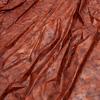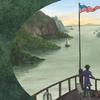An Art Show for World Wetlands Day by Selva Ozelli
- February 01, 2022 08:11
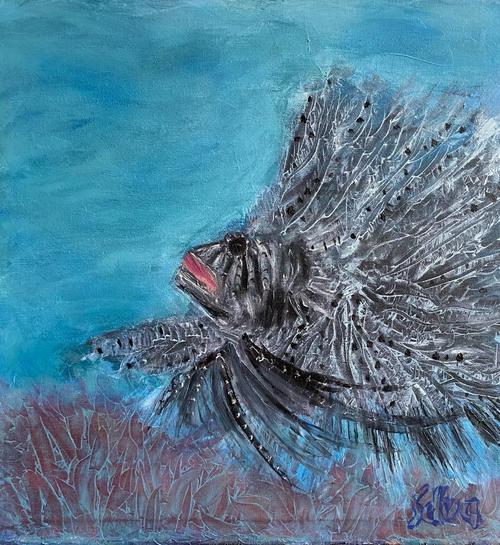
Wetlands are ecosystems where water is the primary factor controlling the environment and the associated plant and animal life. A broad definition of wetlands includes both freshwater and marine and coastal ecosystems such as all lakes and rivers, underground aquifers, swamps and marshes, wet grasslands, peatlands, oases, estuaries, deltas and tidal flats, mangroves and other coastal areas, coral reefs, and all human-made sites such as fishponds, rice paddies, reservoirs and saltpans.
These lands are critical to people and nature, given the intrinsic value of these ecosystems, and their benefits and services, including their environmental, climate, ecological, social, economic, scientific, educational, cultural, recreational and aesthetic contributions to sustainable development and human wellbeing.
Though they cover only around 6 per cent of the Earth’s land surface, 40 per cent of all plant and animal species live or breed in wetlands. Wetland biodiversity matters for our health, our food supply, for tourism and for jobs. Wetlands are vital for humans, for other ecosystems and for our climate, providing essential ecosystem services such as water regulation, including flood control and water purification. More than a billion people across the world depend on wetlands for their livelihoods – that’s about one in eight people on Earth.
Why they are in danger
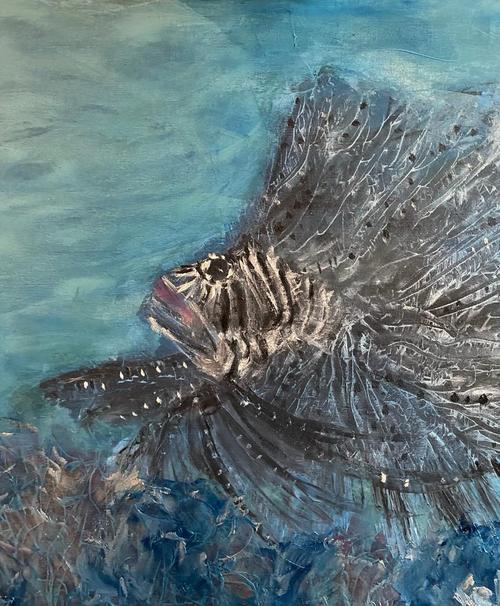
Wetlands are among the ecosystems with the highest rates of decline, loss and degradation. Indicators of current negative trends in global biodiversity and ecosystem functions are projected to continue in response to direct and indirect drivers such as rapid human population growth, unsustainable production and consumption and associated technological development, as well as the adverse impacts of climate change.
Wetlands are disappearing three times faster than forests and are Earth’s most threatened ecosystem. In just 50 years — since 1970 — 35% of the world’s wetlands have been lost. Human activities that lead to loss of wetlands include drainage and infilling for agriculture and construction, pollution, overfishing and overexploitation of resources, invasive species and climate change.
This vicious cycle of wetland loss, threatened livelihoods, and deepening poverty is the result of mistakenly seeing wetlands as wastelands rather than lifegiving sources of jobs, incomes, and essential ecosystem services. A key challenge is to change mindsets to encourage governments and communities to value and prioritize wetlands.
Wetlands are a natural solution to the era-defining global threat of climate change. They absorb carbon dioxide so help slow global heating and reduce pollution, hence have often been referred to as the “Kidneys of the Earth”. Peatlands alone store twice as much carbon as all the world's forests combined. But, when drained and destroyed, wetlands emit vast amounts of carbon.
Wetlands also provide a buffer against the impacts of floods, droughts, hurricanes and tsunamis, and build resilience to climate change.
It is urgent that we raise national and global awareness about wetlands in order to reverse their rapid loss and encourage actions to conserve and restore them. World Wetlands Day is the ideal time to increase people’s understanding of these critically important ecosystems.
“Wetlands Action for People and Nature” is the theme for 2022 highlighting the importance of actions to ensure the conservation and sustainable use of wetlands for human and planetary health.
An urgent call to take action and to invest financial, human and political capital is this year's appeal to save the world’s wetlands from disappearing altogether — and to restore those we have already lost
to achieving the following Sustainable Development Goals: Goal 6, which focuses on ensuring the availability and sustainable management of water and sanitation for all, and its target 6.6, which seeks to protect and restore water-related ecosystems; Goal 14, on the conservation and sustainable use of the oceans, seas and marine resources for sustainable development, including its target 14.2, which seeks to sustainably manage and protect marine and coastal ecosystems; and Goal 15, related to life on land, and its target 15.1, which seeks to ensure the conservation, restoration and sustainable use of terrestrial and inland freshwater ecosystems and their services.







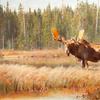

100x100_c.jpg)




